communication tips that can make you feel more confident
This edited extract from NIDA’s professional development course, “Act Natural”, shares tips for communicating while at work.
Gather round, business-y folks! The National Institute for Dramatic Art (NIDA) has launched a nifty new take-home course. Prologue by NIDA teaches you the essential soft skills to master the hard situations at work and in life – think getting buy-in on an idea, pitching for a pay-rise or handling a tricky conversion.
Act Natural is Prologue by NIDA’s first course. Delivered to your door and device as a hardcover book and app, the course is packed with bite-sized lessons of insightful and entertaining content, card games and challenges, audio guides, videos and real-life challenges.
Keep reading for an edited extract that explains how the concepts of “high status” and “low status” play a role in your work relationships, and how you can handle interactions to meet your objectives.
Four guys walk into a bar. I mean, a Las Vegas hotel. Phil, Stu, Alan and Doug.
I’m going to guess you’re acquainted with this unbeatable foursome from The Hangover movie trilogy. If not… there’s a corner for you to sit in to think about why you haven’t seen this masterpiece.
Here’s my take: it’s not their legendary shenanigans that made the team so interesting to watch, it was their dynamic and how they played off against each other.
This is why.
Phil, the best man, assumes the role of the group leader. I’d call this dominant nature and tendency to make decisions independently high status.
When we first see Stu, his girlfriend was barking orders at him as he packed. I’d easily classify him as someone of low status.
Alan, Doug’s future brother-in-law, carries himself with the confidence of a man who has never seen a mirror. He conducts himself like someone of high status.
Doug, the groom, and the mayo in this chaotic sandwich, is easy to get along with. His habit of running with the herd makes him low status.
This status dance happens throughout storytelling in literature, film and theatre. It’s much more obvious to observe on screen than in real life, because actors train to create tension between their characters through clear status shifts. Without it, nothing happens. No drama. No strained relationships. No nail-biting scenes.
By changing your body, voice or energy, you’re able to move between higher and lower status to suit whoever you’re talking to. Do you recognise any of these traits in yourself?
What you might see in a high-status person:
- You like to stand tall with your chest pressed outward slightly.
- You keep your head still.
- Your eye contact is direct and deliberate.
- You speak clearly and directly with a good volume.
What you might see in a low status person:
- Your body takes up less space, keeping your arms close to your torso.
- You might tilt your head when listening.
- Sometimes you avoid sustained intense eye-contact.
- You speak quietly, prioritising listening.
Next time you meet up with a colleague, look at how they interact with you. What situation do you find yourself in? Are you heading out for a coffee to talk all things Project X or maybe it’s a team meeting with the whole gang? What choices are they making about their status (when talking to you), and can you recognise any of the mentioned traits?
When you know where someone is coming from, you can adjust how you work with them to get the best for the project or the team. High and low status can both work to move toward the outcome you want – the choice is yours.
COMMUNICATION TIPS FOR WHEN THE STAKES GO UP
- Ask yourself questions about the other person you’re going to talk to. What do I respect or admire about them? What gets them out of bed in the morning? The answers can shine a light on their humanity and help rapport building. Empathy + connection = good relationship.
- What do you have in common with this person? What are your differences? Knowing these can help you ride the relationship wave. And hopefully you’ll both arrive in that middle sweet spot! The conversation can go three ways; towards what you want, what they want or an ideal and very mutual win-win. Your decision will change the stakes. No pressure.
- Even if you can’t see it, the other person in your conversation has their own agenda. Get out your magnifying glass and keep an eye out for what that might be. Happy sleuthing!
- Stay alert. There is no written script in this conversation, but you can keep the dialogue on track by using great listening, being flexible and knowing what you want so you can keep moving in that direction.
Who thought communication was such a sport?
This is an extract from NIDA’s Prologue, which you can check out by visiting their website.
For more small-business stories like this, visit frankie.com.au/strictly-business, or sign up to our monthly e-newsletter. Have a small-business story you’d like to share? Pitch it to us.




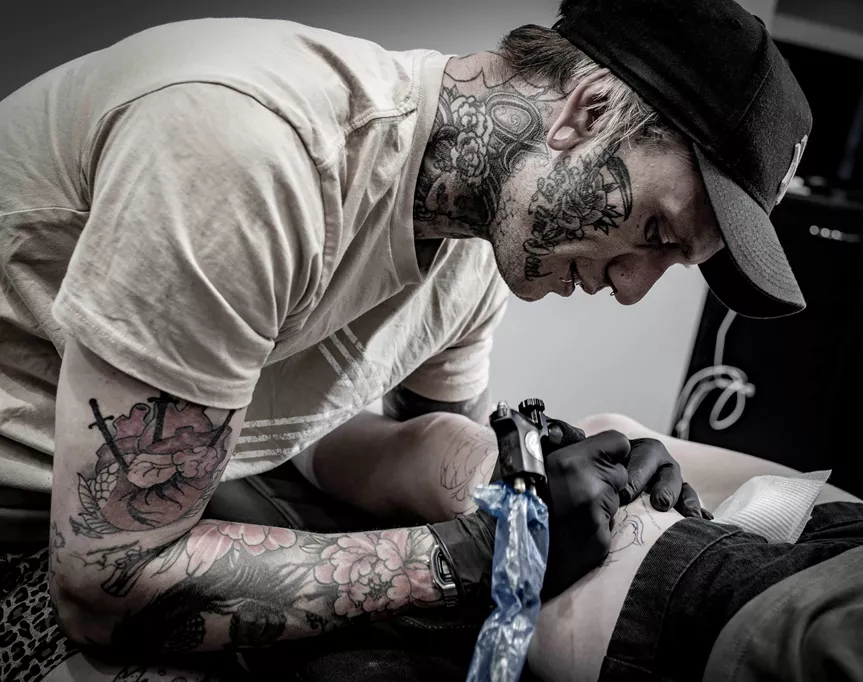


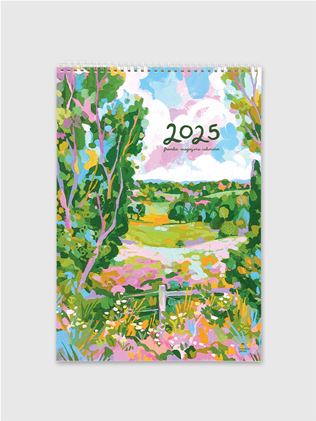

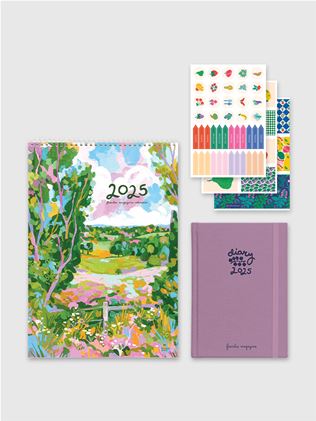
.jpg&q=80&w=316&c=1&s=1)


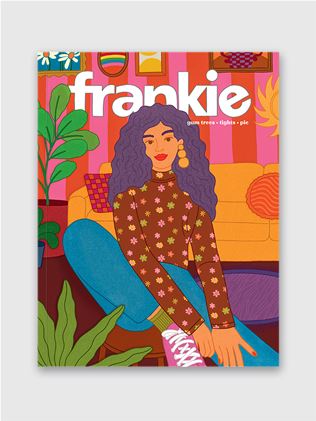
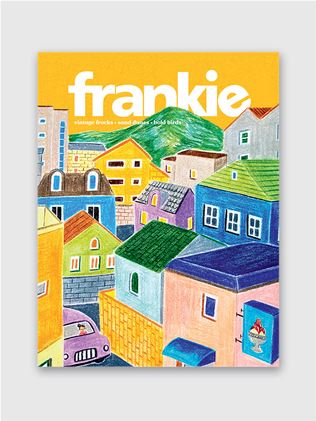






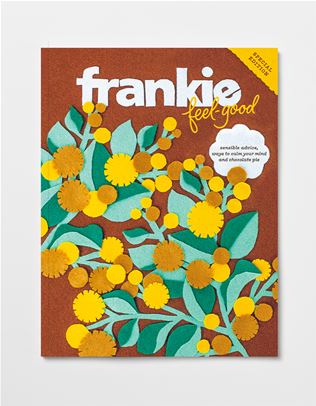






.jpg&q=80&w=316&c=1&s=1)










